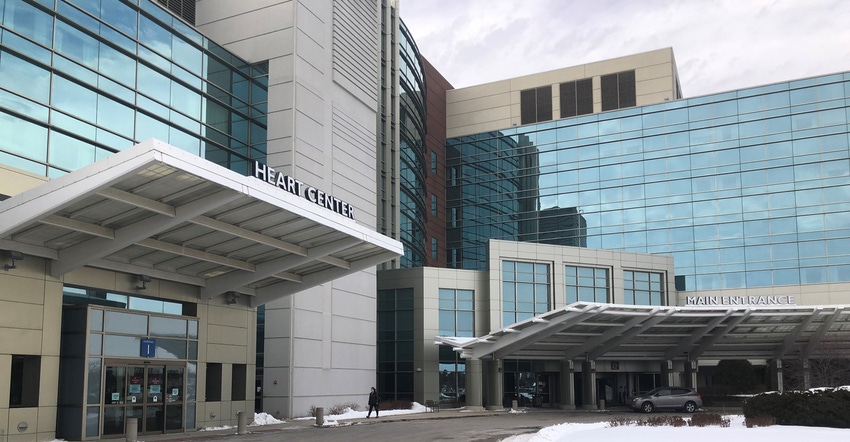March 15, 2021

One year ago, the world as we knew it stopped. Lockdowns went in place to help curb the COVID-19 pandemic. Every Hoosier was affected in some way.
A year later, signs of common sense are becoming more obvious. More knowledge about how the disease spreads, a track record of who is most affected and who is at minimal risk, and vaccines are impacting the pandemic. Many good people were lost along the way. That’s a tragic reminder of why proceeding with caution is necessary. But if everyone applies common sense, the march toward the other side of this pandemic will continue.
Let’s take a closer look:
Farmers and farm businesses. Crops were planted and harvested, but it wasn’t always business as usual. Steve Redelman of Bluffton, Ind., who operates Farm Solutions, says COVID-19 impacted his ability to operate. “We would typically meet with farmers one-on-one, maybe at lunch or dinner, and that just hasn’t been possible,” he says. “When you can’t go visit farmers and talk in person, it makes our business tougher.”
Some businesses adjusted by doing more business by phone or by hosting virtual information sessions. We’ve learned that virtual meetings can be useful tools. But they don’t replace one-on-one, real-time presentations with immediate questions and answers. And they aren’t a substitute for the networking that occurs before and after meetings.
Common sense says that as restrictions on meetings are lifted, we can return to in-person relationships and meetings, sprinkling in virtual components.
Education. Kudos to school superintendents across Indiana who listened to science over political rhetoric and kept schools open as much as possible. As the pandemic eased in late February, some increased live instruction. That’s a great example of applying common sense.
Hopefully this summer, there won’t be stories about schools that won’t let ag departments and FFA chapters operate school farms and gardens. The patchwork application of guidelines instead of using common sense as the yardstick led to some plots staying empty in 2020. Some food pantries were denied produce when people needed it most!
Stories are circulating that some fresh-out-of-college graduates don’t have skills employers expect, even in veterinary medicine. COVID-19 and the move to more virtual education at the college level denied them experiences they need for real-world tasks. It’s time to shut off the computer and open the classroom doors at Indiana colleges.
Health care. Hospitals and health care workers should be commended for their role in battling this pandemic. However, at the height of the pandemic, loved ones of even critically ill patients were denied access to them at many facilities. Restrictions are easing. Getting to see a loved one once per day is better than not at all. But where is the logic in not letting someone come back a second time in the same day? That’s the policy at least one major hospital was following in late February. If there is a sound reason, why not communicate it to patients and would-be visitors?
Why is this important? Because the victims of COVID-19 are not just those who died. They’re also the lonely, the suicidal and those who let other health conditions go because their doctor’s policy was no office visits, only virtual visits. There is room for common sense in human health, too. It’s needed now more than ever.
You May Also Like




